What is an energy management software, and how can you benefit from it?

- IOT
- INTERNET OF THINGS
- ENERGY MANAGEMENT
- SMART CITIES
Energy prices are rising daily as the demand for energy for residential, commercial or business use increases. According to Enerdata, a 4% increase in European electricity consumption has occurred since 2020. To reduce operational costs and facilitate energy-efficient consumption, IoT-based energy management software are essential to implement.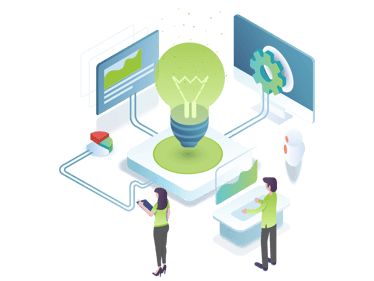
Global electricity consumption, which had contracted by 0.7% in 2020 due to the COVID-19 crisis, grew by +5.5% in 2021, +4.8% above its 2019 level. Rapidly expanding energy consumption is a phenomenon, and it is a current challenge for facilities and business owners, not forget to mention residents, to find a solution to minimize electricity fees while maximizing return on investments. An energy management system (EMS) allows asset managers to track, monitor and forecast energy consumption of the daily electricity use or follow and predict the production level if a solar system is installed.
|
|
|
|
As we are getting closer to sustainable energy sources, many EMS provide the ability to connect solar panels to the system. Internet of Things (IoT) and automation - and in some cases, machine learning (ML) - are core elements of energy management software as facility owners make decisions based on real-time data. After analyzing it, they set adequate automation to help the system operate effectively.
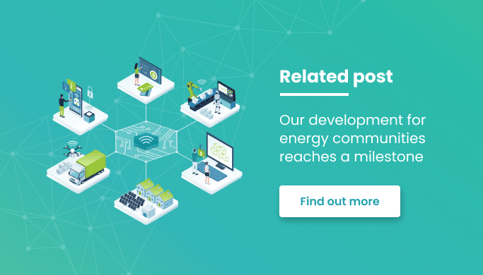
Closely related to it, automated processes help eliminating recurring faults in the system while optimizing labor effort and cost invested in maintanance operations. An effective management system can't work properly without automations, asset managers must create automation scenarios for various operations to reduce the chance of incidents. The risk of energy scarcity is an already existing phase in 2022, the current energy crisis is teaching us that the available energy must be consumed consiously and we must be aware of the consequences caused by energy waste. EMS systems help facilities to minimize their energy spending and making a positive impact on our environment.
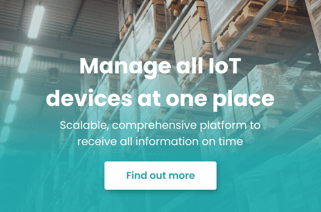
Grape Solutions provides energy management software: Meteo to forecast solar energy production and Ederena, a platform for energy communities.
With Meteo, the user can predict the energy production, scheduling, and remeasurement of the installed solar panels, giving a realistic picture of the future operational efficiency of the system. With the development of Meteo, Grape Solutions aims to enable the user to quickly generate forecasts and schedules using a built-in algorithm, all in a clear and easy-to-use interface. The built-in algorithm allows for intra-day correction and operates future forecasts and schedules based on a predefined schedule.
Grape Solutions' Ederena platform enables real-time communication and data collection for energy community members (households, companies, municipalities) using smart devices (smart meter, solar panel unit). Ederena uses two Grape Solutions developments simultaneously, the IoT Platform and the Meteo solution, enabling Machine Learning to determine the expected production and consumption of the system. With the solution developed by Grape Solutions, energy communities can manage their smart devices and monitor and optimise their energy consumption through a modern and user-friendly platform, thus, contributing to environmentally conscious energy consumption. The platform is extended with features such as automatic indication of equipment failures using IoT solutions, setting automated alarms, or generating reports of production and consumption.
Share this post on social media:
Posts by Tag
- IoT (17)
- Smart cities (16)
- E-mobility (14)
- Energy Management (10)
- Mobility (9)
- Software development (9)
- Marketing automation (6)
- RPA (6)
- Robotic Process Automation (6)
- electric vehicles (6)
- Internet of Things (5)
- IoT solution (5)
- Marketing software (5)
- Smart Building (5)
- Business Intelligence (4)
- Custom applications (4)
- IoT platform (4)
- Uipath (4)
- electric charging (4)
- IoT devices (3)
- Properties (3)
- AI (2)
- BI (2)
- Montu (2)
- Multi-device functionality (2)
- Omnichannel (2)
- RPA Budapest (2)
- Smart city (2)
- UX design (2)
- app development (2)
- artificial intelligence (2)
- crm (2)
- crm software (2)
- electric charging station (2)
- machine learning (2)
- marketing campaign (2)
- optima (2)
- API Testing (1)
- Agriculture (1)
- Automated Testing (1)
- BYOD (1)
- EV (1)
- Energy Communities (1)
- Event insights (1)
- Event report (1)
- Green IoT (1)
- HR (1)
- IT Outsourcing (1)
- ML (1)
- Power BI (1)
- Resource Management (1)
- Smart Home (1)
- Smart Office (1)
- TaaS (1)
- UX/UI Design (1)
- Xamarin (1)
- cloud (1)
- cloud computing (1)
- cross-selling (1)
- data driven marketing (1)
- digital twin (1)
- dynamic customer segmentation (1)
- esg (1)
- inbound marketing (1)
- industry 4.0 (1)
- onprem (1)
- onpremise (1)
- scalability (1)
- software robot (1)
- testing as a service (1)
- upselling (1)
Recent Posts
Read On
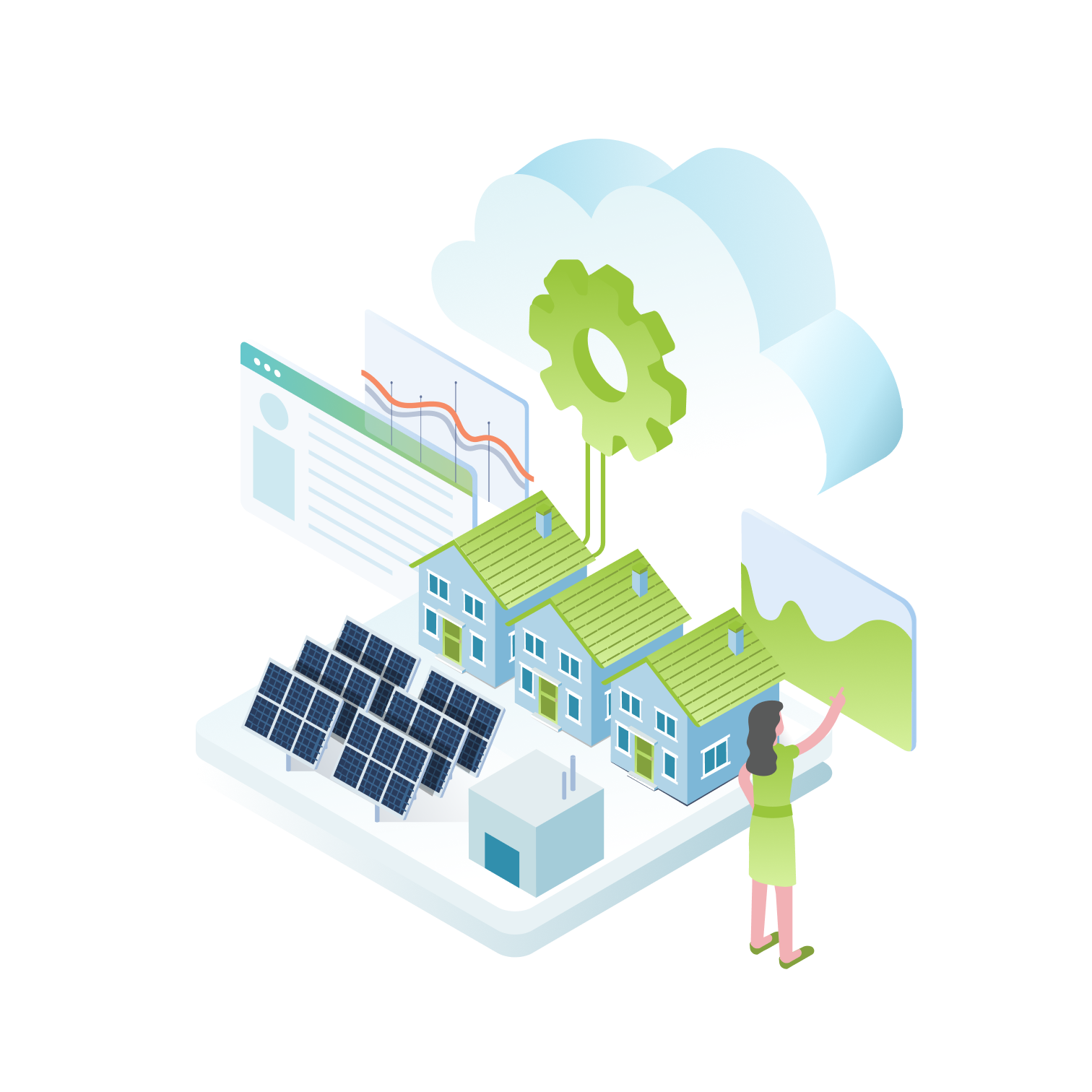
- SMART BUILDING
- ENERGY MANAGEMENT
- PROPERTIES
Energy management software for properties and buildings
Buildings encounter multiple challenges in today's fast-paced world, necessitating cost-effective and creative solutions. With expanding urbanization, increasing energy demand and environmental concerns, buildings must evolve to meet changing requirements while minimizing their resource consumption...
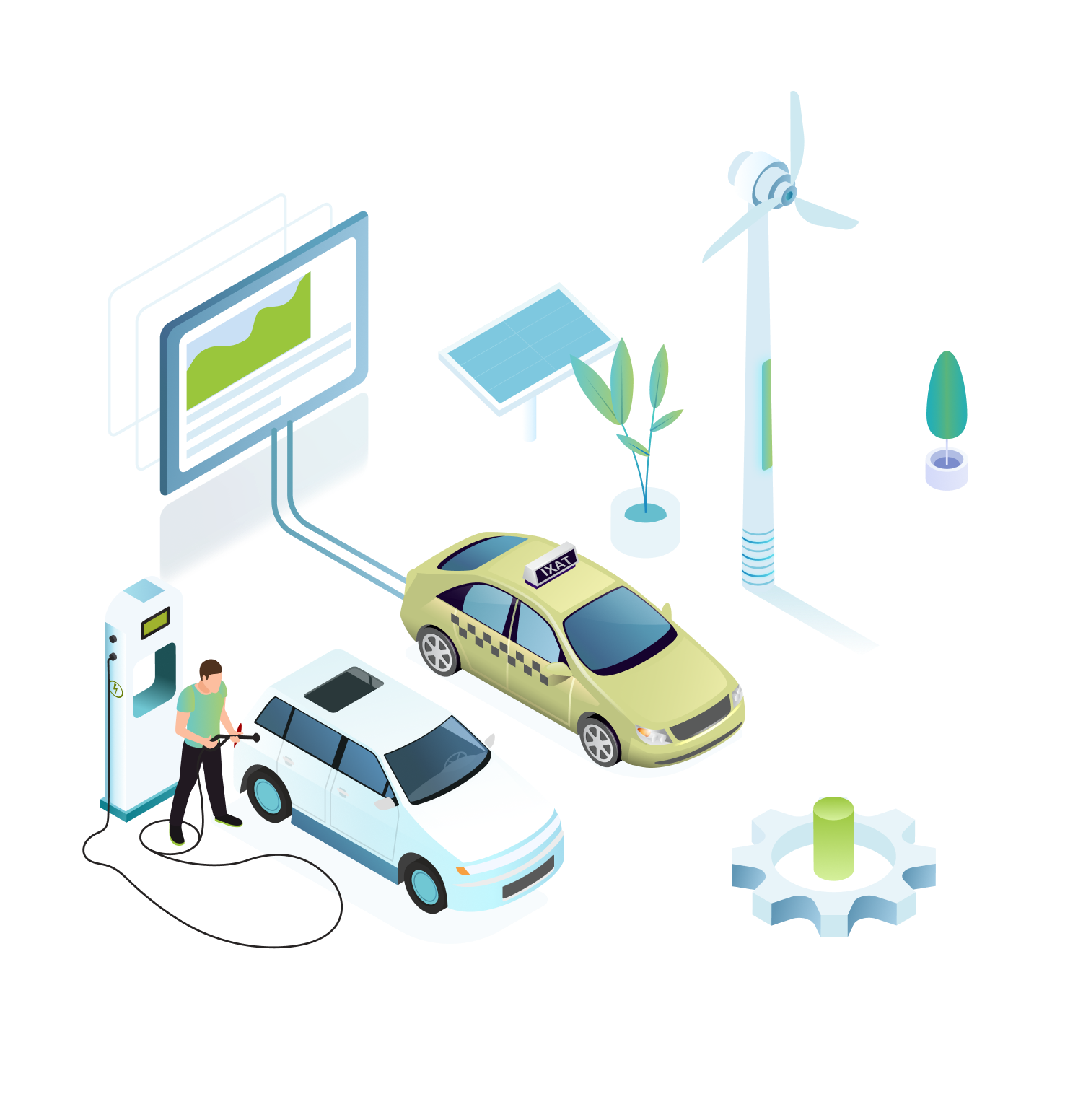
- E-MOBILITY
- MONTU
- ELECTRIC VEHICLES
- ELECTRIC CHARGING STATION
- ELECTRIC CHARGING
Empower your fleet's efficiency with EV charging solutions
As businesses increasingly embrace sustainable practices, electric vehicles (EVs) have emerged as a game-changer for fleet management. With their environmental benefits and increasing availability, EVs are becoming attractive for businesses seeking to optimize their operations while reducing their...
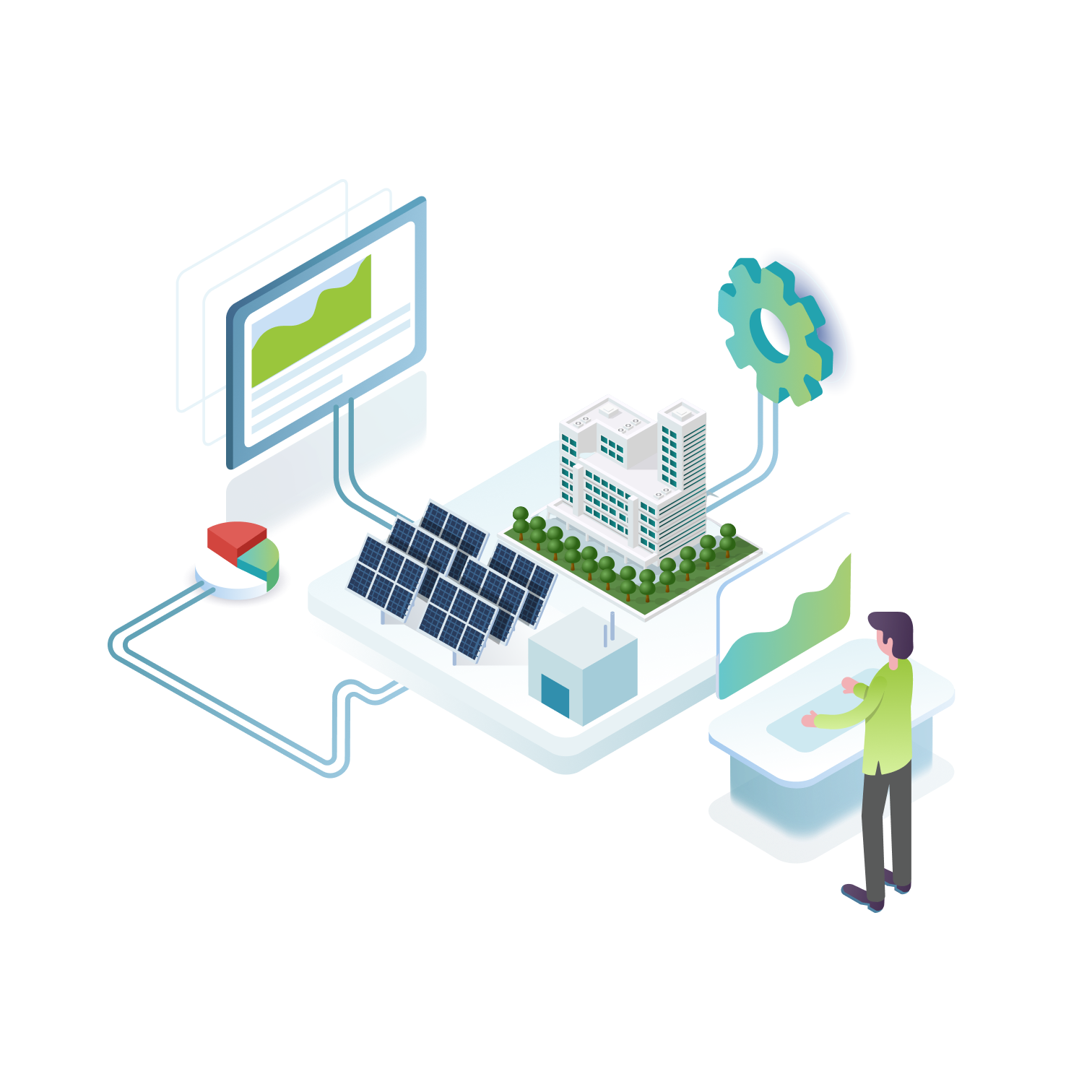
- SMART BUILDING
- ENERGY MANAGEMENT
- PROPERTIES
Green building tech trends that are shaping the construction industry
The construction industry plays a significant role in environmental degradation, meaning that sustainability and green solutions are fundamental in improving our lives' environmental, economic, and societal aspects. Green buildings present an alternative method to reduce the environmental impact of...



